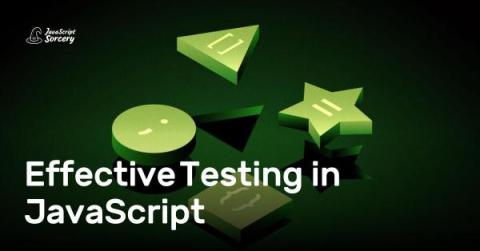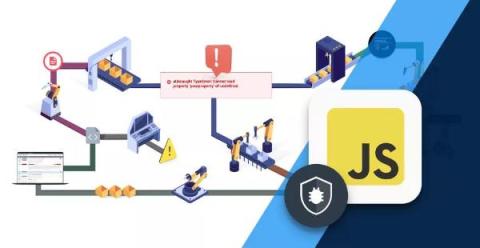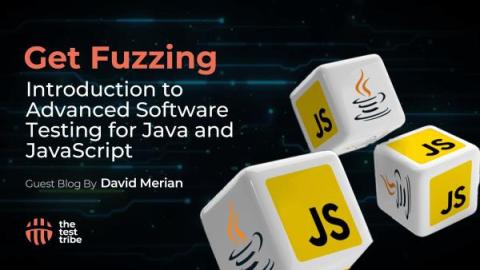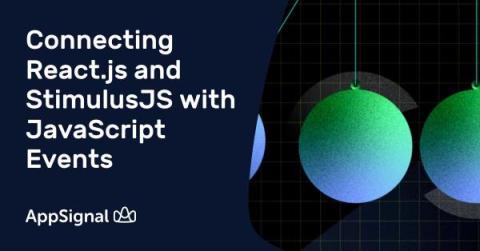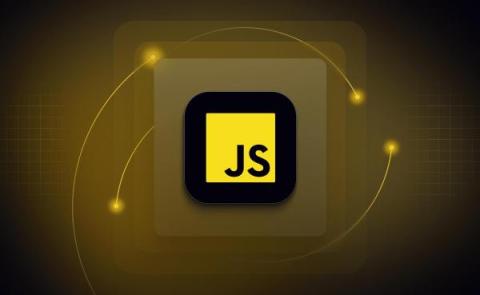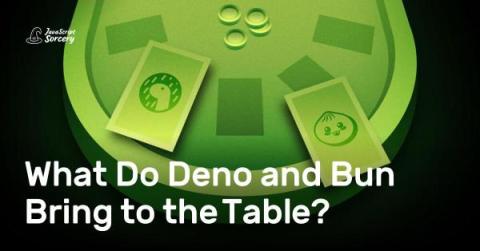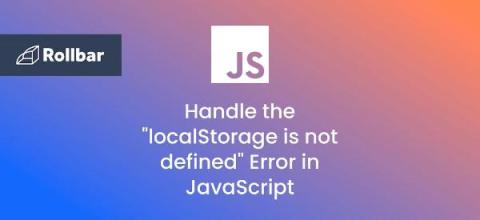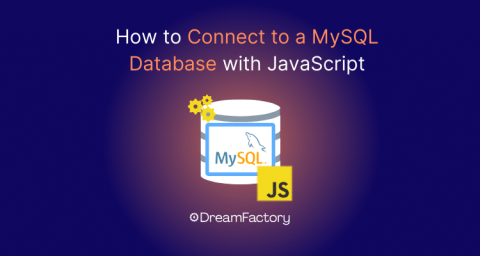Systems | Development | Analytics | API | Testing
JavaScript
Robust JavaScript Error Handling: Best Practices and Tools
Robust JavaScript Exception Handling: Best Practices and Tools
Component locking with JavaScript and Ably Spaces (4/4)
Get Fuzzing: An Introduction to Advanced Software Testing for Java and JavaScript
There are many techniques for software testing. However, if you haven’t heard of or used fuzzing, also known as “fuzz testing”, this may be the best post you have ever read. This article will explain what fuzzing is, from its inception in the late 1980s to its evolution to be “smart” today. After that, this article will explain how to use smart fuzzers like Jazzer and Jazzer.js to fuzz Java and JavaScript code, respectively.
Connecting React.js and StimulusJS with JavaScript Events
We recently added a "Getting started" page to the AppSignal, which shows new users a page filled with recommended steps to help them get the most out of their AppSignal experience. Some users enjoy having a helping hand when getting started with AppSignal, others prefer exploring our product solo or already have experience with AppSignal. To give all of our users the option of a guided or solo experience, we needed to a toggle that hides or shows the Getting started page.
Choosing the best JavaScript framework for your next project
The State of Developer Ecosystem 2022 report revealed that 65% of developers are using JavaScript, making it the most popular language. JavaScript also claims the spot of most popular primary language with 34%. Of all the JavaScript developers 80% use at least one JavaScript framework. Though there are thousands of JavaScript frameworks available, only a small subset of them is being used by developers.
What Do Deno and Bun Bring to the Table?
Deno and Bun are two JavaScript runtime newcomers that aim to undermine Node.js. These alternatives have gained popularity for their innovative approach to server-side development with JavaScript. But the real question is: what do they bring to the table compared to Node.js? In this post, you'll learn what Deno and Bun are, what they offer, and how they address some long-standing drawbacks in Node.js. We'll shed light on specific use cases where Deno and Bun excel.
How to Handle the "localStorage is not defined" Error in JavaScript
The localStorage is not defined error generally occurs when you try to access the localStorage object in JavaScript, but the browser environment where your code is running does not support it. Using the localStorage web storage API, web applications can store key-value pairs locally in a web browser, allowing you to persistently retain data on the client-side even if the user shuts their browser or navigates away from the website.


